What is an extract? Differences between powder and extracts
In the world of herbal products and dietary supplements, we often encounter the terms powder and extract . But what distinguishes these two forms—and what should you look for when choosing?
Powder – the natural form
Powders typically consist of dried and finely ground plant parts such as roots, leaves, or berries. They contain all the plant components, including secondary plant substances, fiber, and essential oils.
Properties of powders:
-
Minimal processing – only drying and grinding.
-
Contains the plant in its original form.
-
Versatile: e.g. in smoothies, muesli or drinks.
Examples from Hanoju:
-
Organic hyaluronic acid powder – popular for daily nutrition.
-
Organic Ashwagandha powder – versatile in combination with drinks and food.
- NMN powder - Ideal for mixing in smoothies, juices or yogurt
Extracts – the concentrated version
Extracts are created by extracting specific components from a plant using water, alcohol, or other solvents. These are then concentrated and often offered in powder or capsule form.
Properties of extracts:
-
Higher concentration compared to powder.
-
Standardized processing in which targeted components are extracted.
-
Convenient to dose, e.g. in capsules or tablets.
Examples from Hanoju:
-
Reishi extract – based on the well-known medicinal mushroom.
-
Tongkat Ali 200:1 extract – 25g powder – highly concentrated extract in powder form.
-
Fadogia 10:1 extract – 90 capsules – standardized extract in convenient capsule form.
-
Organic Ashwagandha KSM-66® extract – 50 g powder – certified organic and processed to the highest quality.
Powder vs. extract – a direct comparison
| feature | powder | extract |
|---|---|---|
| processing | Simple (drying & grinding) | Technically more complex (extraction) |
| concentration | Low | Higher |
| Application | Diverse in food | Often as capsules or tablets |
| naturalness | Very natural | Targeted processing |
When which format?
Whether powder or extract, both forms have their place. Powders are suitable for people who prefer products that are as unprocessed as possible, while extracts are particularly interesting if you want to use specific plant components in concentrated form.
Conclusion
Choosing between powder and extract depends on individual needs and preferred dosage form. In any case, Hanoju.shop offers a wide selection of high-quality herbal products in both forms – to complement a conscious lifestyle.
This might also interest you
Discover more exciting articles about natural plant substances and dietary supplements:
-
Ashwagandha – A root with history: origin, use & interesting facts
Learn more about the traditional root Ashwagandha and its diverse uses. -
Reishi – The mushroom of tranquility in Asian tradition
Immerse yourself in the world of the Reishi mushroom and its significance in Asian culture. -
Buy Fadogia Agrestis – A plant with tradition from West Africa
Learn about the West African plant Fadogia Agrestis and its traditional uses. -
The Power of Tongkat Ali Revealed: A Natural Miracle for Vitality
Discover the history and uses of Tongkat Ali in traditional medicine -
NMN – The path to more energy and vitality in old age
Learn about the molecule NMN and its role in cellular health.
Note: The products presented here are not medicinal products. No health benefits are claimed. For individual advice on nutrition and well-being, please consult a medical professional.

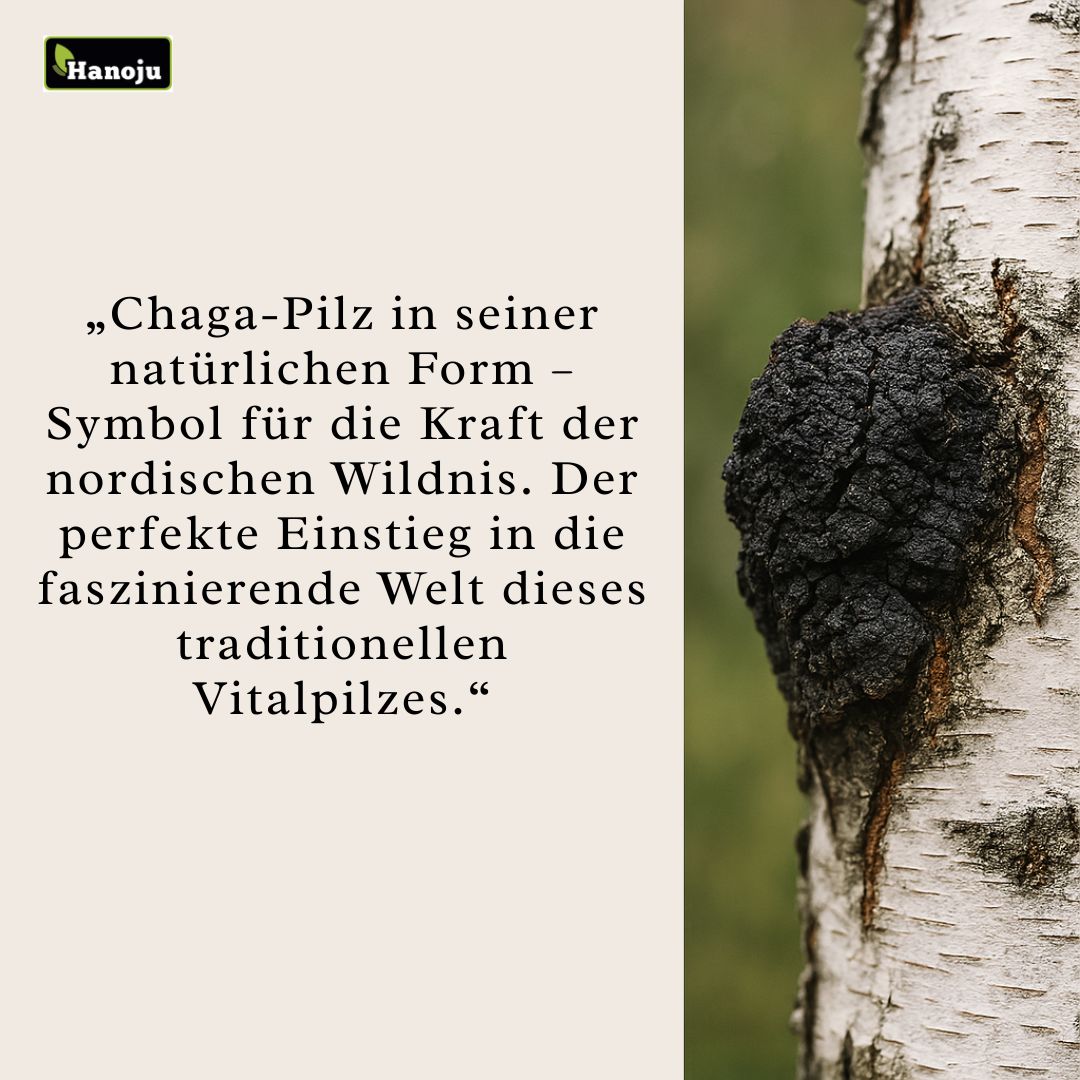
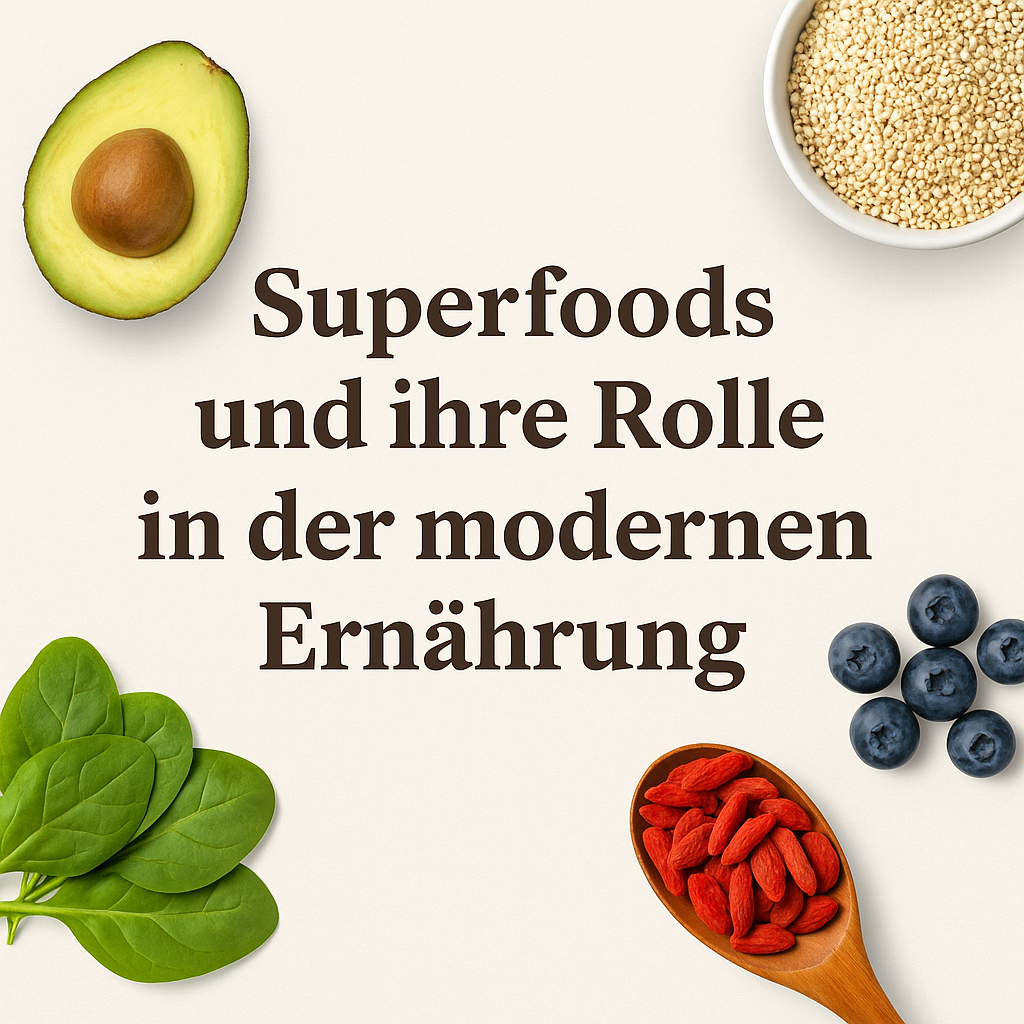
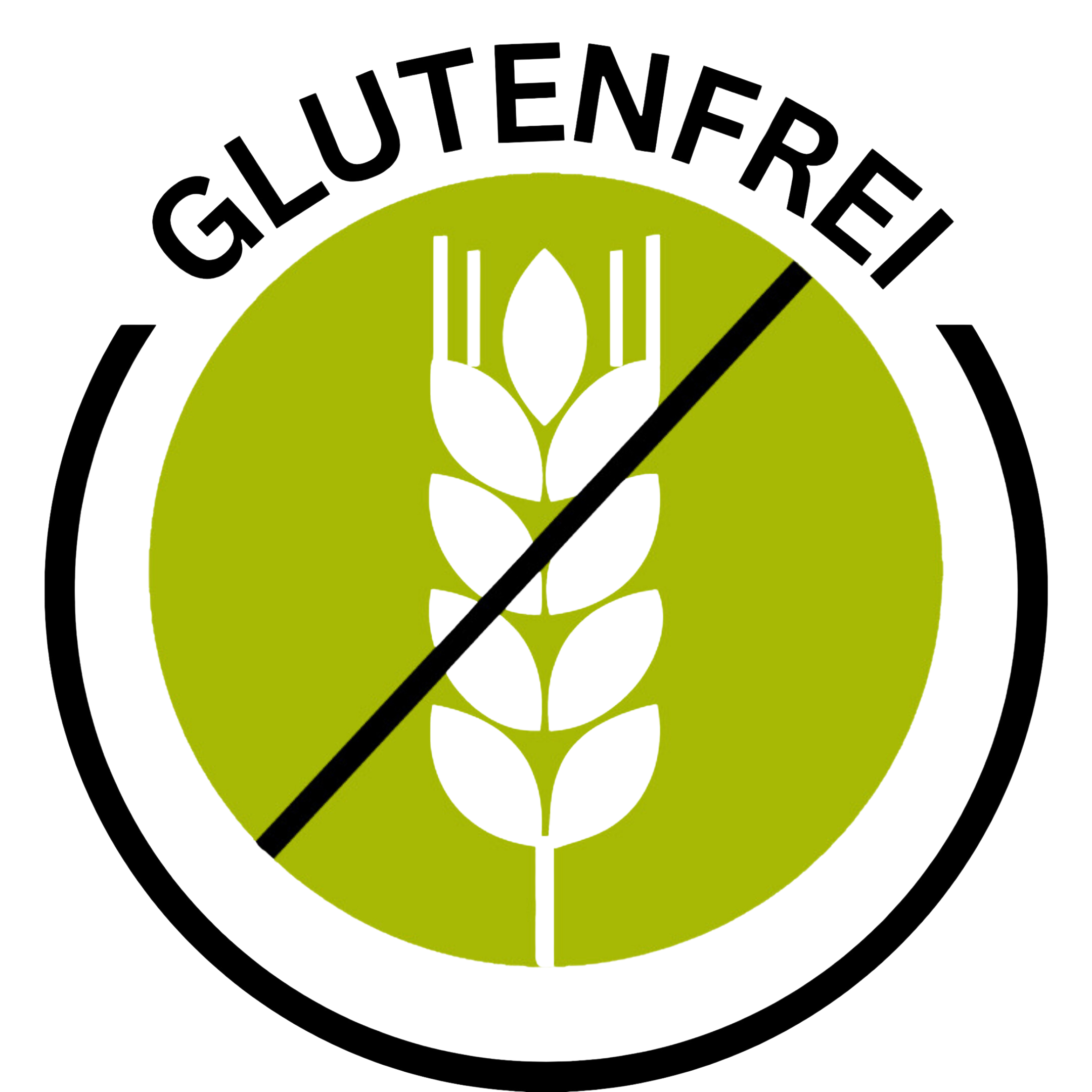
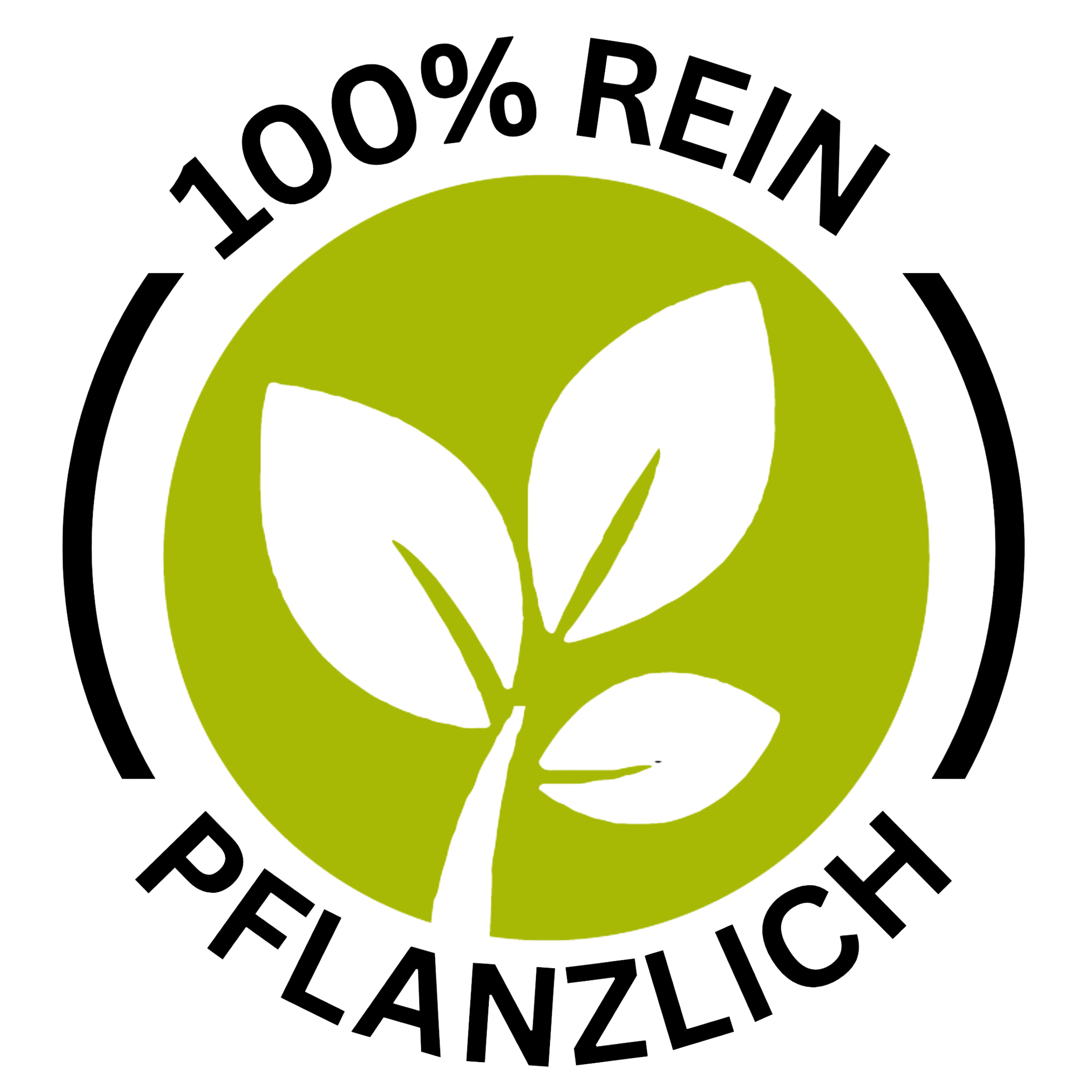
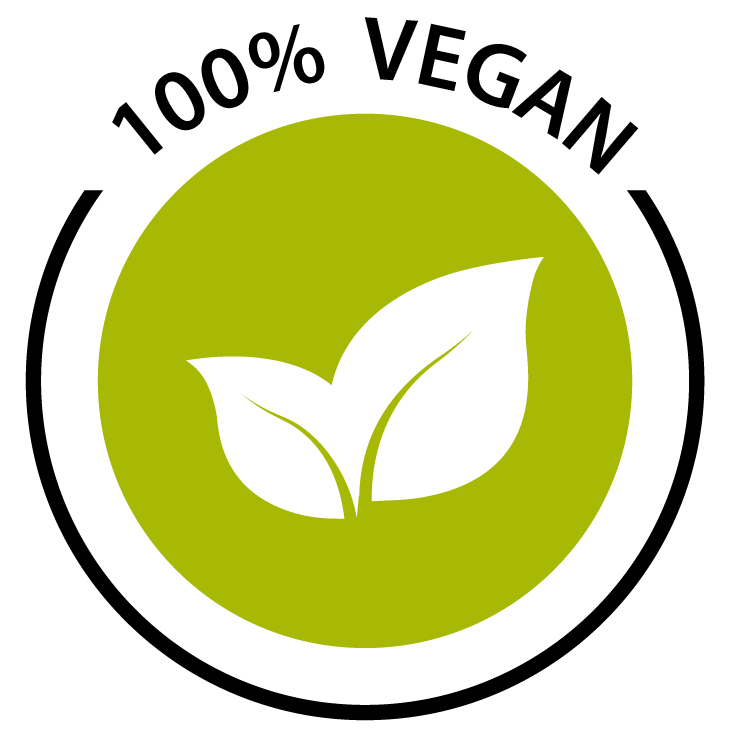
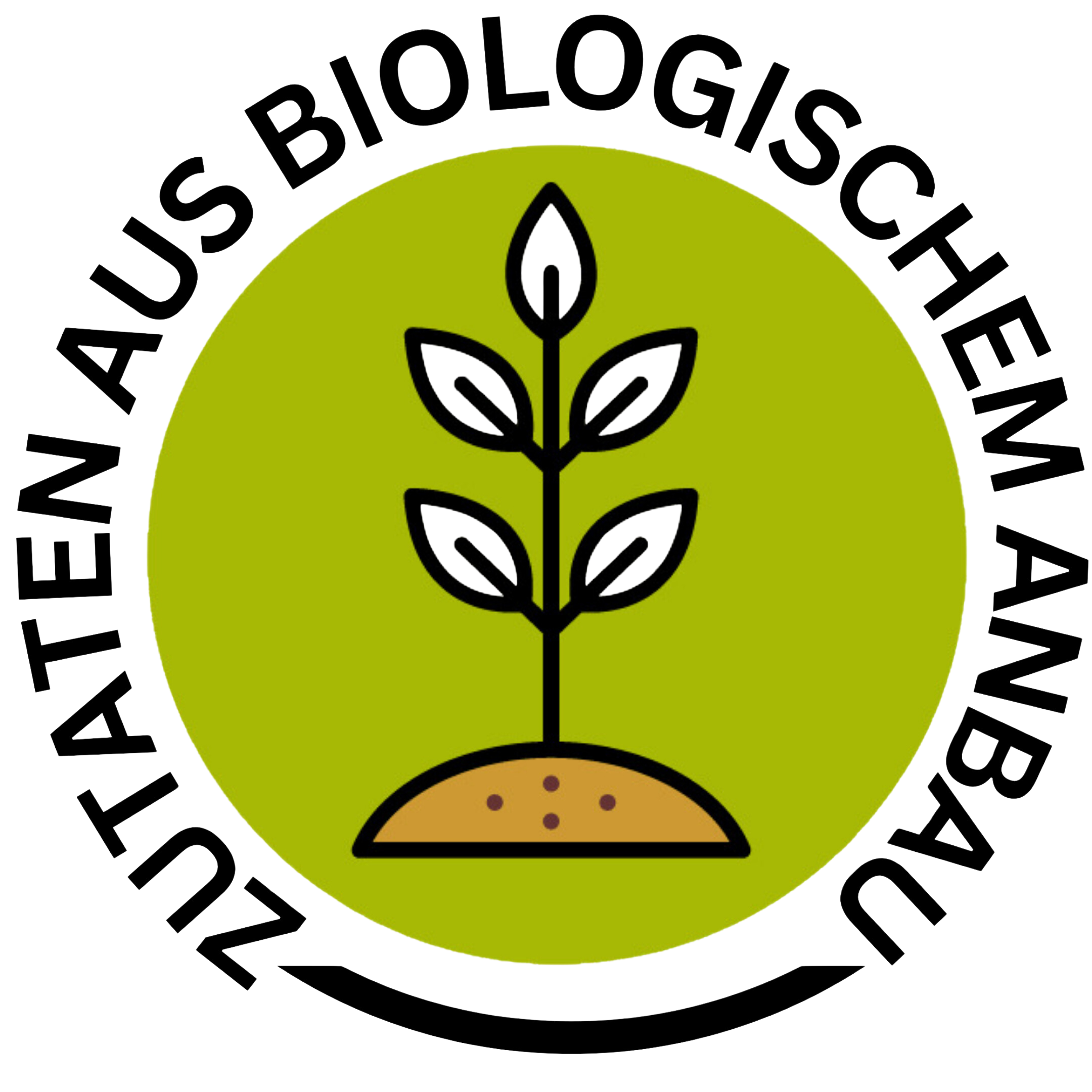
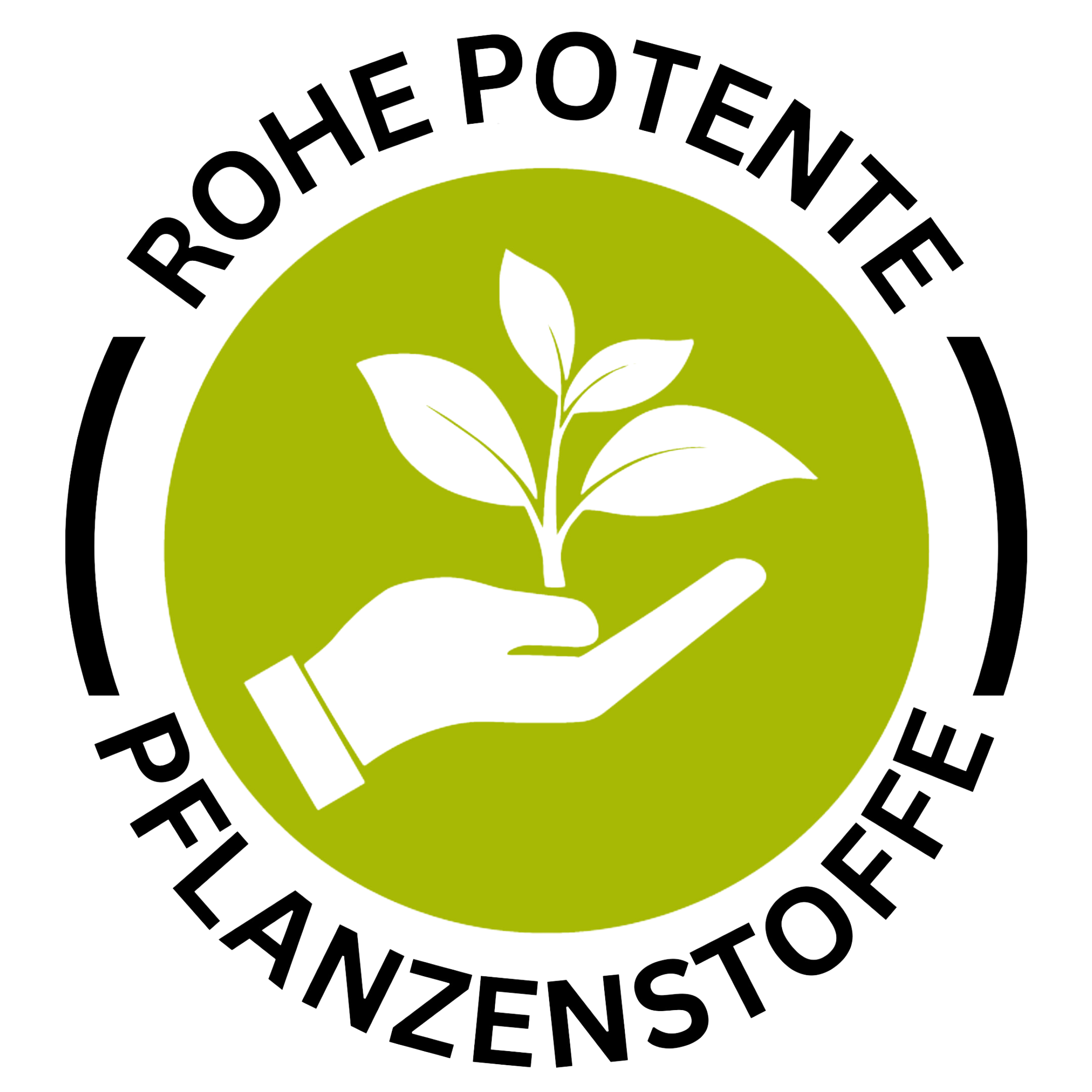
Leave a comment
This site is protected by hCaptcha and the hCaptcha Privacy Policy and Terms of Service apply.